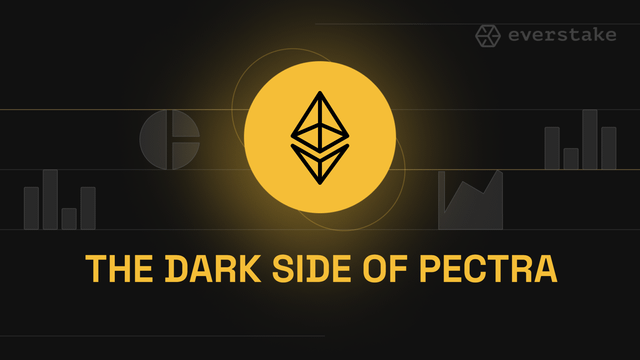Account Abstraction just made Ethereum wallets easier to use… and easier to hack. Here’s what happened after the Pectra upgrade and what to watch out for. 👇

 |
1/8 In May, Ethereum’s Pectra upgrade expanded support for Account Abstraction (AA). One key addition? EIP-7702, a proposal that allows your regular wallet (EOA) to temporarily act like a smart contract wallet. Sounds great, right? 2/8 It is great, for user experience. EIP-7702 enables features like:
But there’s a dark side. And hackers have noticed. 3/8 The core problem? With just one signature, users can unknowingly give malicious smart contracts full access to their funds. This wasn’t theoretical, unfortunately, it’s already happening. 4/8 Since May 7, over 290K EOAs have delegated control to smart contracts using this new functionality. This marks a major shift in how accounts interact on Ethereum, both in terms of flexibility and responsibility. 5/8 On May 20, GoPlusSecurity flagged one of the first phishing attacks using EIP-7702. One signed transaction = all assets instantly drained. The malicious contract had ~300 approvals before it was noticed. 6/8 By now, according to the Wintermute Dune dashboard, around 82% of all known EIP-7702 delegations are linked to phishing or scams. 7/8 So what can you do? Stay alert.Here’s how to protect yourself:
8/8 EIP-7702 is not a failure. It opens real possibilities for the future of smart wallets. But just like DeFi itself, greater power = greater responsibility. One careless click could now cost everything. Please, stay smart. Stay safe. submitted by /u/irina_everstake |